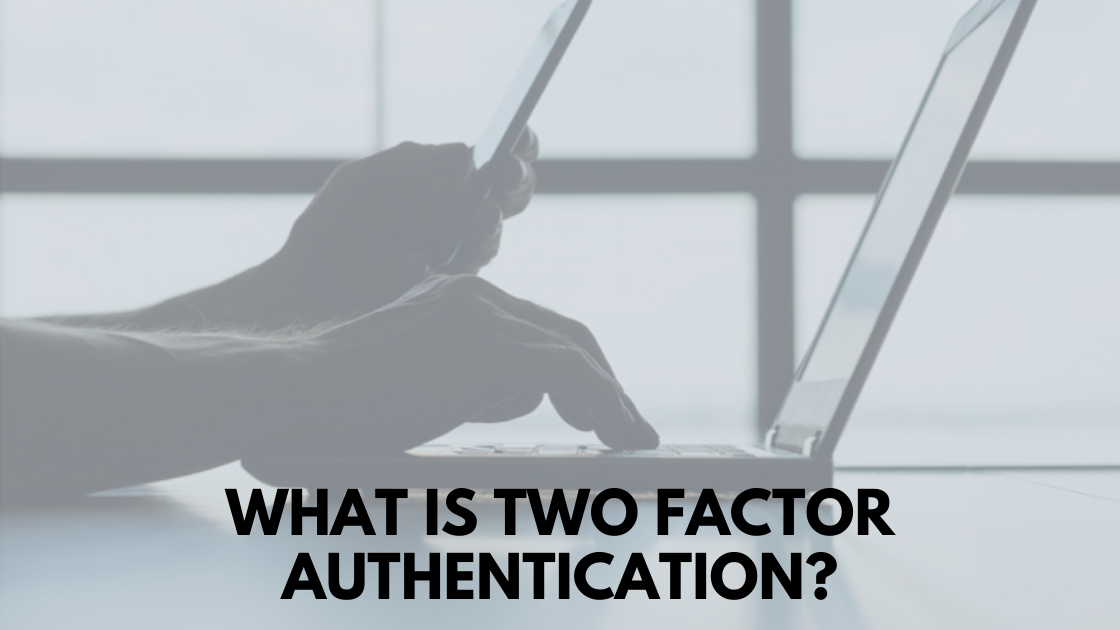

What Is Two-Factor Authentication (2FA) and Why Does it Matter?

What is two-factor authentication (2FA) and why does it matter? If you are unfamiliar with this extra layer of protection for all of your logins, keep reading.
It’s no secret that we live in a time where access to laptops and smartphones is so prevalent. Almost everything we do in our daily lives has some sort of connection to these devices, leaving us vulnerable to hackers and scammers who want access to our personal information.
Thankfully, there is a way to help protect yourself. Two-factor authentication (2FA) provides an extra layer of security over what a traditional password offer. Here is what you need to know about two-factor authentication and why it matters to businesses.

Before we can discuss 2FA, we really need to talk about a few of the basics as to why digital security is so important. As individuals, the main reason to practice good digital security habits is to protect your personal information. But for businesses, the benefits of taking extra steps to ensure information is secure is two-fold. Not only does this keep private information of your employees and companies safe, taking additional security steps to protect your customer’s digital data builds trust. That’s why it is important to take measures like implementing 2FA.
That said, let’s discuss what two-factor authentication (2FA) actually is. This is an extra layer of protection that requires users to prove that they are who they say they are by providing a second set of identification credentials.
How it works is that the user puts in their basic login and password. Then they are immediately required to provide an additional piece of information. This information generally falls into one of three categories:
In most cases, using 2FA on your website or internal desktop will require just the something you know category. Only in extreme cases with especially sensitive data needing protection will companies often utilize the other two options.
Now that we’ve talked about the basics of 2FA, it is a good idea to talk about the types. There are literally hundreds of options for how you can implement this type of security measure, but some are a bit more common than others. The most used types include:
Hardware Tokens: This is usually a small fob or device that produces a code when a user tries to login. The user must then input that number on their screen. This is usually the least preferred option as the fobs are cost prohibitive and easily lost by users.
SMS-Based and Voice-Based: This is where a user receives either a one-time token via a text message or a phone call. With SMS, the user must input the keycode onto the screen to gain access. For voice, the user must verbally say the passcode when prompted during the call. Both methods are extremely common and many companies are opting for their use.
Software Tokens: The most popular 2FA method is a software token. This is where the user must install a special application on their phone and use it to gain access when attempting to login.
Push Notifications: Alternately, you can also opt to use a push notification as part of 2FA. When the user provides their login information on the screen, a special notification is sent to their smartphone. The user must then approve the popup on the phone to continue.
In short, it is always a good idea to take extra precautions to protect systems and data. Two-factor authentication (2FA) ensures information is much more secure than traditional passwords by adding a layer of security. For most businesses, this is a good idea that protects both sensitive data and builds trust with customers.